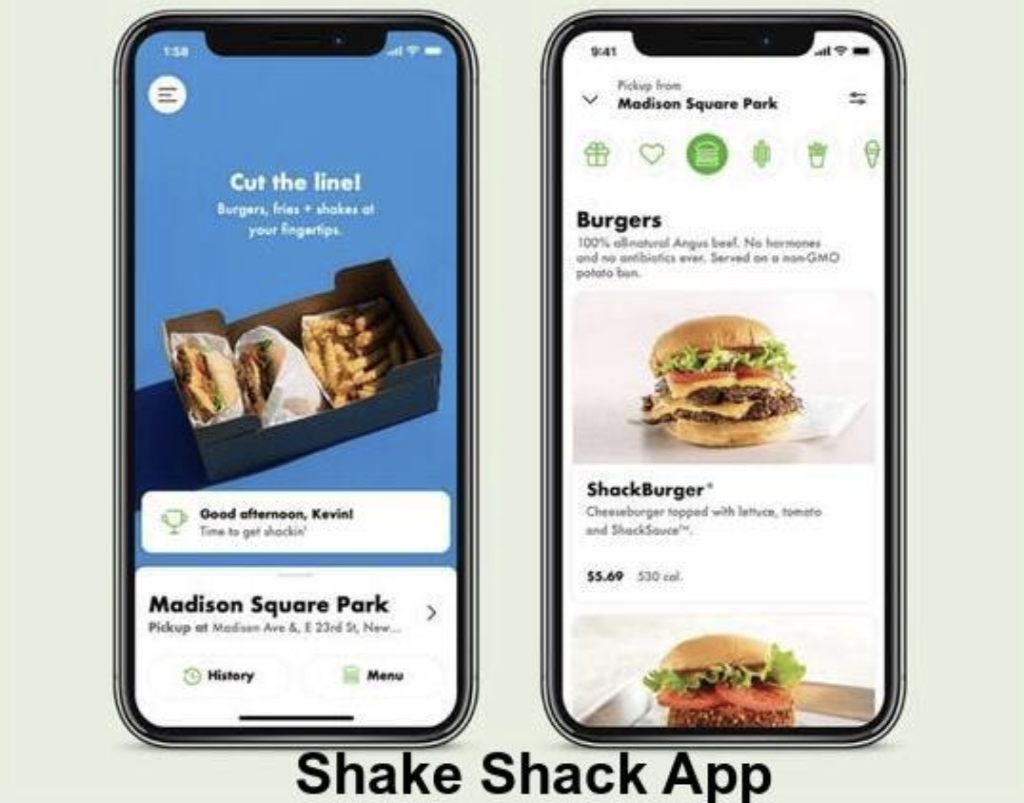How to Engage Audiences through Crypto-Based Challenges and Rewards

One notable trend gaining momentum is the integration of crypto rewards within loyalty programs. Businesses can differentiate themselves from competitors by incorporating crypto incentives, especially when targeting tech-savvy and younger demographics.
One indispensable tool facilitating this shift is Bitmedia, a leading crypto advertising platform. Bitmedia empowers brands to attract customers effectively through targeted cryptocurrency advertising campaigns. This article explores the synergy between cryptocurrency rewards and audience engagement strategies, highlighting how platforms like Bitmedia lead to modern marketing companies’ success.
Audience Engagement
As brands seek new and engaging ways to attract customers, one trend gaining traction is using cryptocurrency rewards in loyalty programs. Companies can stand out from competitors who offer only traditional rewards by providing rewards in cryptocurrency.
Cryptocurrency rewards are still relatively new and less common, which can make them a unique selling point for brands targeting a younger demographic.
Blockchain can potentially address many challenges faced by transactional networks hidden behind corporate walls, such as loyalty programs. By applying blockchain to loyalty programs, these networks will become cheaper to operate, more accessible, and easier to use.
Over the past few years, cryptocurrency has garnered worldwide attention, and using it to reward customers allows companies to appeal to a younger, tech-savvy audience. As Generation Z comprises an increasingly significant portion of the consumer market, brands realize that cryptocurrency rewards can incentivize this new generation to participate in loyalty programs.
According to a study by the Digital Marketing Institute, 48% of Generation Z consumers said they are more likely to join a loyalty program that offers cryptocurrency rewards. This statistic underscores the potential of cryptocurrency rewards for companies looking to attract a younger audience.
In this context, Bitmedia, a leading crypto advertising platform, provides valuable tools for businesses aiming to integrate cryptocurrency incentives. Bitmedia enables brands to leverage targeted crypto advertising campaigns, enhancing their ability to reach and resonate with customers.
Implementing Crypto-Based Challenges:
Many other types of crypto incentives and rewards are important in the crypto space, such as staking, liquidity mining, airdrops, quizzes, bounties, social tokens, treasure hunts, puzzles, prediction markets, decentralized insurance, decentralized identity, and much more. These incentives and rewards create new opportunities and challenges for participants. They also alter the landscape and dynamics of the crypto ecosystem, as well as society and the economy at large.
- Quizzes
Crypto-themed quizzes can test participants’ knowledge of cryptocurrency concepts, historical crypto, notable cryptanalysts, or even popular blockchain technologies. Tests can be structured as multiple-choice, true/false, or open-ended questions.
- Treasure Hunts
In cryptocurrency-based treasure hunts, participants solve clues or puzzles that lead them to the final “treasure” or destination. Each clue may be encrypted, requiring decryption to proceed to the next step.
- Puzzles
Riddles are great for incorporating crypto elements into complex challenges. Consider creating puzzles that involve deciphering encrypted messages, unraveling mysterious clues, or solving crypto puzzles. You can use classic ciphers like the Caesar cipher, Vigenère cipher, or more advanced modern cryptographic methods.
Content creators on decentralized platforms are rewarded with cryptocurrency for creating valuable content, which fosters more direct relationships between creators and their audience. In the gaming industry, crypto rewards are common for achievements, in-game actions, and as rewards in “play-to-earn” games. Non-fungible tokens (NFTs) are often used as unique and tradable cryptocurrency rewards. Technology companies and startups use cryptocurrency rewards to attract users, build communities, and incentivize interaction with their platforms or services. Thus, these rewards are an optimal way to garner attention, promote their projects, and attract new audiences.
Many companies have already launched cryptocurrency reward programs:
One example is Lolli, a Bitcoin rewards program based in the USA that allows users to earn Bitcoin by purchasing at participating retail stores. The program is a cashback extension, enabling users to earn cryptocurrency from purchases at major brands, including Nike, Sephora, and eBay.

Another example of a loyalty program using cryptocurrency to reward its users is Shake Shack. The American fast-food restaurant chain launched a promotion where customers can receive Bitcoin as a reward for their purchases. This initiative was introduced to test whether the business can attract younger customers and understand the broader demand for cryptocurrency rewards.
Rewards to Drive Participation
Crypto rewards are incentives or benefits provided in the form of cryptocurrency tokens or digital assets. These rewards are earned for specific actions, behaviors, or achievements and can be redeemed or traded within the cryptocurrency ecosystem.
Offering attractive rewards can greatly increase participation and motivation among participants in cryptocurrency-related competitions.
Consider a range of rewards, from cryptocurrency tokens that hold real value to unique NFTs (non-fungible tokens) that provide digital ownership of exclusive content or assets. Cryptocurrency tokens like Bitcoin or Ethereum can serve as valuable incentives, attracting participants interested in blockchain technology and digital assets. On the other hand, NFTs offer a new reward mechanism, granting ownership rights to digital art, collectibles, or access to exclusive virtual experiences.
Alternatively, access to exclusive content or events related to cryptography or blockchain can also be an appealing reward, providing participants with unique learning opportunities or unforgettable experiences beyond the task. By offering diverse and attractive rewards, organizers can effectively incentivize active participation and enhance the overall experience of participants in cryptocurrency-related competitions.
Case Studies and Success Stories:
It is easy to see why blockchain and loyalty programs can complement each other well. Here are several existing examples that offer clear benefits of loyalty and reward programs:
Visa is partnering with a cryptocurrency startup to launch the world’s first Bitcoin Rewards credit card. It offers 1.5% cashback in Bitcoin on every purchase and $250 in digital currency if spending exceeds $3000 in the first three months.
Cordia Corporation specializes in ghost kitchens, virtual restaurants, and app-based alternative dining. The cryptocurrency rewards program allows users to earn MORE coins for orders at Cordia’s restaurant in Las Vegas.
Cordia offers enhanced cryptocurrency rewards for specific actions or purchases, stimulating user activity and creating additional value for participating in the loyalty program.
American Express announced that it is using Hyperledger to allow retail merchants to offer personalized membership reward offers. Retailer Boxed was one of the first to offer Amex customers 5x membership rewards points on purchases.
Singapore Airlines launched KrisPay to facilitate KrisFlyer airline loyalty program members’ spending of miles. KrisPay is a blockchain-based payment system that allows customers to pay at various retail merchants using miles earned on Singapore Airlines flights.
Since its platform’s inception in 2003, Rakuten, the Japanese e-commerce giant issued loyalty points totaling $9.1 billion through Super Points. It announced plans to transform this extensive loyalty program into a cryptocurrency called Rakuten Coin, aiming to attract customers to its retail offerings further.
Developing loyalty programs using blockchain technology opens new possibilities for managing and tracking points and miles. Applying Hyperledger, as seen with American Express, and creating cryptocurrency payment systems like KrisPay from Singapore Airlines, ensures transparency and efficiency for program participants.
Visa successfully attracts customers by offering cryptocurrency rewards for using their products and services. This approach engages users interested in digital assets and encourages increased card usage and service utilization.
The outcomes of these strategies include increased customer participation, attracting new audiences through digital rewards, improving customer loyalty, and raising consumer awareness of cryptocurrencies. Such research and innovations demonstrate how companies actively leverage new technologies to enhance their products and services and attract and retain customers in the modern digital economy.


